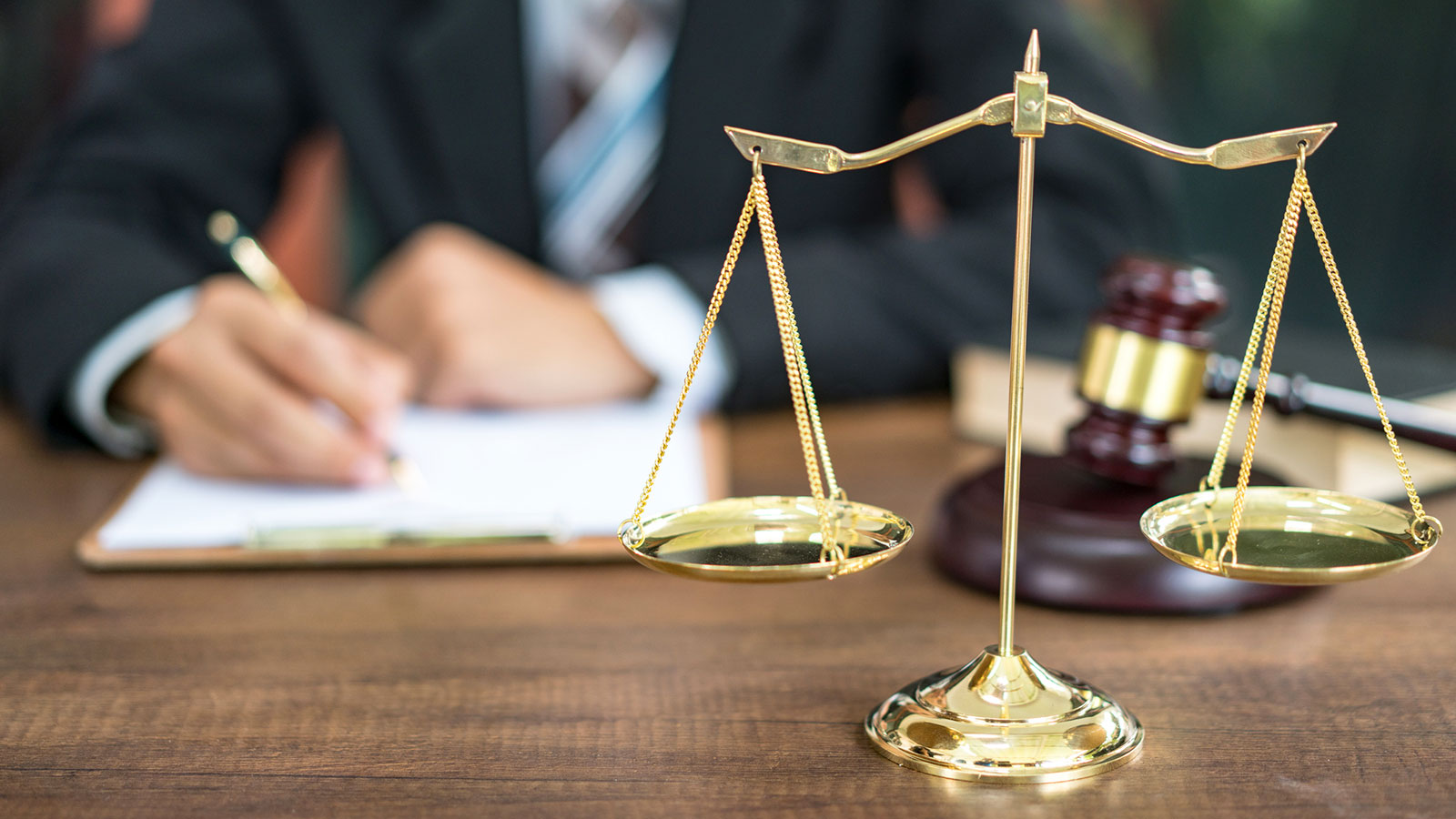There’s a lot to know about any given person. Favorite colors, movies, things they like to do, where they went to college, what they do for a living, if they have the gene that makes cilantro taste like soap, the list goes on indefinitely. It’s hard to know everything about any particular person, especially about their criminal activity. If you do a few Florida warrant searches you never know what kind of information you could find about that Floridian in your life that you have some questions about.
Whether you want to use this search to make sure that you don’t have any warrants out for your arrest, or you just wanna look into what your loved ones might have been doing, knowing how to do it is a great way to make sure that you get all of the information that you need. Fortunately, thanks to the explosive growth of the internet, it’s never been easier to get Florida warrant information. All you really need is to know what tools are available to you and the wild world of warrant searches can be at your very fingertips, no matter the day or time.
Why Do Warrants Exist?
Many people might be a little confused as to why warrants exist at all. It’s a good question and baffles people all over the United States on a daily basis. So why exactly do warrants exist? What problem do they solve? How do they help anyone? These are all questions that we’ve dived into so that we could find you a satisfactory answer. You might be both surprised and interested to know that there is a deep history surrounding the warrants that we know today in the United States.
Let’s rewind a bit, just by a few hundred years. Way back to when America was nothing more than a British territory. The people that lived in the young United States were treated unfairly by the crown. You’ve probably heard the phrase “taxation without representation” a lot when you’ve spoken about this topic. On the surface, of course, that was the issue. But what exactly are the ramifications of living somewhere, paying taxes to a country that is across an ocean from your home, and not getting any say in how you’re governed? Well, this manifested in many ways that the citizens of the U.S. were incredibly unhappy with.
One of the biggest complaints of early colonists was the use of general warrants. These warrants were issued by the crown and essentially gave police the authority to do whatever they wanted. General warrants were broad orders that allowed for authorities to arrest, search, or even more to get to their goal. This kind of broad-sweeping authorization of police power was widely considered to be unfair to the people of the colony. Imagine you were walking to work and a police officer saw you and decided that you were kind of sketch so they just arrested you and threw you in jail.
This was before the time of the internet, so people didn’t have any way to do an inmate lookup online, which means that if you lived in that time period and the police decided that your loved one looked suspicious, they just vanish and you’d have little to no way to find out where they went. That’s some seriously shady stuff, and you’d be stuck worried sick until they reappeared to give you the rundown of what exactly happened. That, to the early Americans, was unacceptable.
That’s why when they drafted the Constitution, they banned such sweeping powers. As a United States citizen, you’re protected from unreasonable searches and seizures. An arrest is a seizure of you as a person, just to be clear. While this amendment exists, there needs to be some way for checks and balances to exist so criminals don’t get away but innocent people aren’t as easily harassed by cops who essentially have blank checks to commit violent acts. That’s where the warrant system that we have today came from. A judge or magistrate has to look over the warrant request and decide if it would be considered reasonable or not.
If the warrant is considered reasonable, they’ll sign off and the order will be sent out to all police officers that are able to execute the warrant and the search beings. If the warrant is considered unreasonable, the order will be rejected and there will be no authorization to search or seize the person in question. This is incredibly important for making sure that people that have done nothing wrong are left alone by law enforcement as much as possible. Of course, people are prone to talk to law enforcement at some point or another, but as a preventive measure to ensure that people’s loved ones aren’t taken away from them without any warning, it works well.
How Exactly do Warrants Work?
You might not understand the complexities of the mechanisms behind how warrants work. We touched on the fact that they must be approved by a judge or magistrate, but why do we trust them to be fair and partial? They’re still humans, after all, and humans are fallible. Do they have a set of criteria that they need to be fulfilled in order to actually be able to issue a warrant? What exactly needs to be on the warrant? These are all great questions that we’re going to answer for you in this section.
As far as when a judge or magistrate is able to issue a warrant, there has to be sufficient evidence linking the suspect to the crime. Without reasonable evidence, the judge or magistrate’s hands are tied. That evidence can include things like DNA, fingerprints, video evidence, eyewitnesses, audio recordings, or anything else that links the person in question to the crime. It’s important to note that even if the suspect is caught doing the crime on camera, leave the I.D. at the crime scene, and do everything else wrong so they get caught a warrant still needs to be issued unless they turn themself in. Of course, with a pile of evidence like that any judge or magistrate would give the order in a heartbeat.
Now, let’s look at what needs to appear on every warrant. In the state of Florida, there needs to be the name of the suspect or, if not available, a reasonable description of the subject. There also needs to be a list of the crimes believed to have been committed, the date that the warrant was issued, the date the crime was committed, the issuing county, name of the office where the judge or magistrate works out of, and the signature of the judge or magistrate.

How Does One Find Warrant Information in Florida State?
Now that we’ve covered the history of warrants as well as how warrants work, let’s answer the question that’s on everyone’s minds. How does one actually go about finding Florida warrants, or warrants in general? It’s actually a simple process and you can have that information done in just a matter of minutes if you do it right.
Most people immediately go to law enforcement websites, which can or cannot work, and which outcome you could expect really depends on your county. Each county handles their warrant information a little differently, meaning that you could end up with some lopsided search results this way. Some counties make this information easily available for anyone who’s looking on their website, easy as pie. Some counties do make this information available but they don’t update their records often, meaning that you could expect out-of-date information. Finally, some counties don’t provide this information at all, instead opting for a page that tells you to email them with a picture of your I.D. to see if you have any warrants.
If you want this information and live in a county with shotty or missing warrant databases, you can try using a warrant search service. These services are incredibly powerful and will give you all of the information that you need in a fraction of the time as the other methods. That makes them invaluable for your search and can make your life a lot easier both in the short-term and the long-term. You can even use these services for national warrant searches, making them very popular among people that do warrant searches regularly.
Learning About Warrants for a Better Life
Looking up warrants and learning about how they work in general can lead you to a happier life in some cases. Knowing for sure that you, your loved ones, or new people in your life don’t have warrants out for their arrest can ease your mind a bit and give you a bit less to worry about. Knowing exactly how and why warrants are issued can also give you peace of mind because you understand the mechanisms that keep our criminal justice system running like a well-oiled machine.








